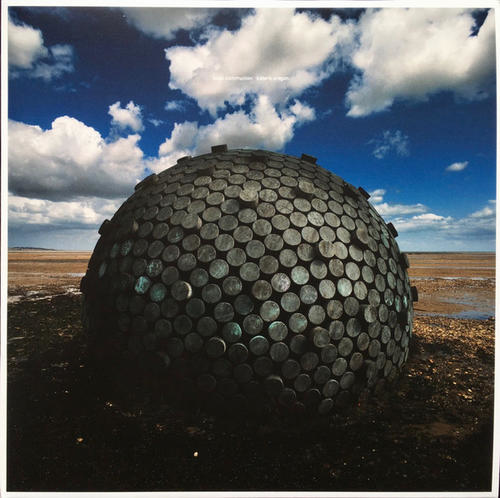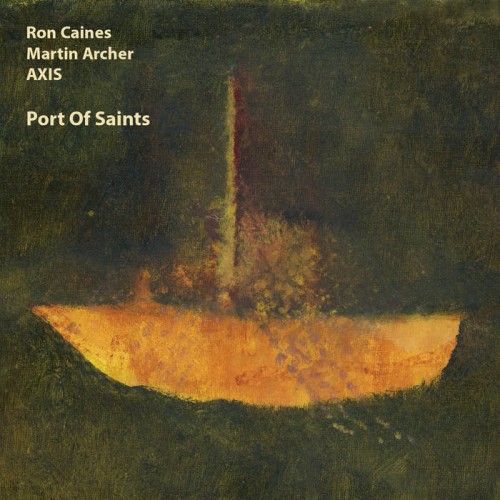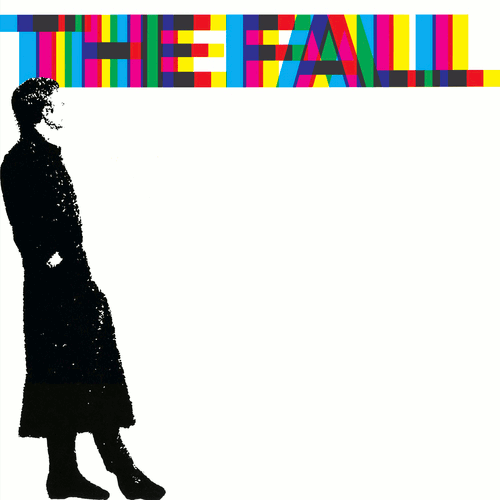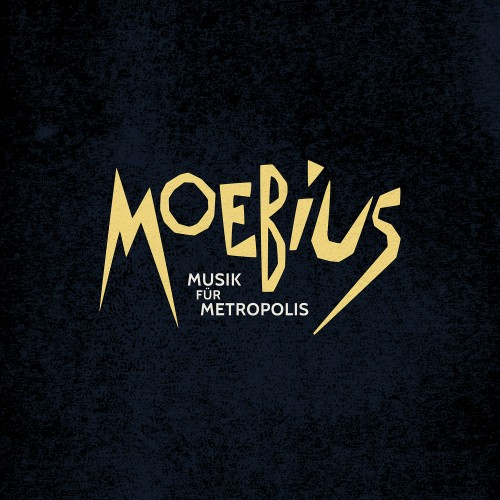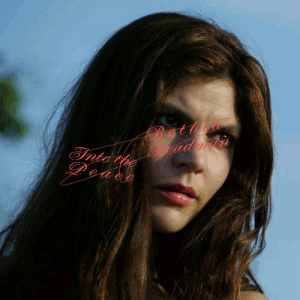 Child ballerina turned singer-songwriter Bethia Beadman was transplanted from the West Country to the flat lands of Lincoln, and from there plies her trade, releasing albums of emotional and sweeping drama, the latest of which even includes Mike Mills of REM fame on keyboards, guitar and vocals.
Child ballerina turned singer-songwriter Bethia Beadman was transplanted from the West Country to the flat lands of Lincoln, and from there plies her trade, releasing albums of emotional and sweeping drama, the latest of which even includes Mike Mills of REM fame on keyboards, guitar and vocals.
It must be said that the first thing you notice on Into The Peace is Bethia’s voice. It is deep and languid, quavering at points on opener “At The Beach”. She is accompanied by resonant piano and as the song progresses so the voice, infused with pent up emotion, rises with power. On the other side, when she whispers the line “I said we could kiss forever”, there is a latent desire, a smouldering that is framed by the gently infolding backing. There have been a few names bandied about as influences on Bethia, but really her voice has its own character, though on “The Real Thing”, I couldn’t help hearing early Carmel in the jazz-tinged romance and sparse musical backdrop.
Drummer Ed Grimshaw has a great presence, his subtle touch and fine use of cymbals propelling the songs at a satisfying pace, allowing them space to breathe and for Bethia’s voice to find its way. At times, the different personas she inhabits imbue the songs with different feelings. There is a touch of cynicism in the line “music never did me any good”, from “Music”, and it feels like the end of a dream. Is this autobiographical or is it written observationally, imaging what it must be like to work towards something that is eternally out of reach? It feels that when the delivery of the lines has an intimacy is when we see the real Bethia. The surreal meander through the sand of “Peninsula” and the album highlight “Horses” really shine. The hushed, romantic imagery of the latter in particular has a melancholy that is matched by the aching guitar that takes you down and sweeps you back up again before ending in a breathless shimmer. The delight of a trumpet appears on “Nile To The Sea” and along with the hopeless piano notes lends a doomed feeling to the proceedings. Again, cymbals shiver and sway as the low piano notes rumble like distant thunder, the trumpet trying to placate but continuing its solitary journey.There is a touch of steel drum on “Lovers And Angels” and the jaunty guitar changes the mood once again, but the voice here is deep and driven by desire, lending a widescreen and rather epic feel that collapses again on the quavering piano ballad closer “Leaving Song”. Here, you really have the feeling that this is the end of something, not just the album but something personal, and the line “of course sunlight filled the church, your leaving song” is incredibly evocative. I imagine somebody stood in a sun-flooded church watching the door slowly close on life as they knew it up to that point. It is these kind of character-driven emotional vignettes upon which Bethia thrives and Into The Peace is a treat for anyone who enjoys a subtle musical journey that doesn’t rely only on strength, but beguiles with its fine textures.
-Mr Olivetti-
